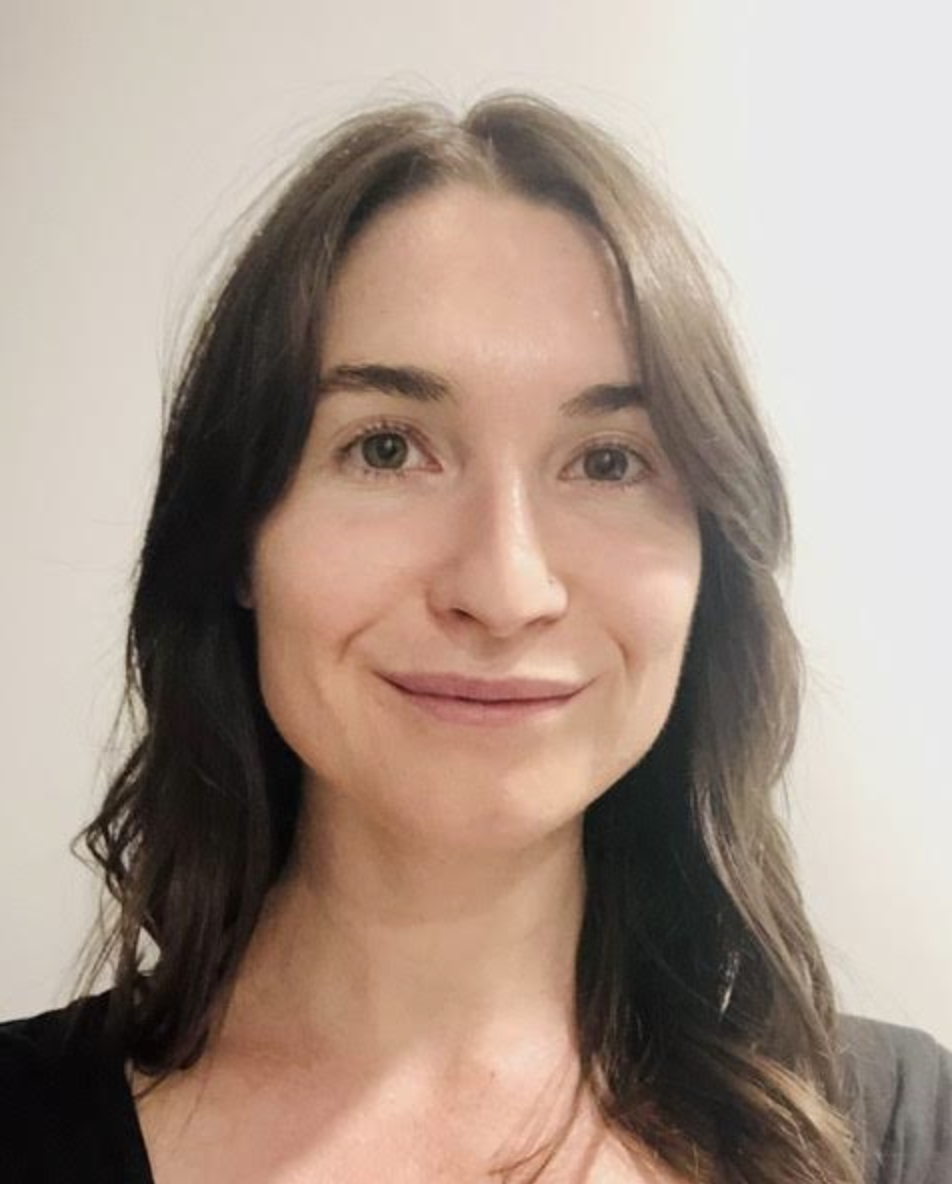
The Blunt Knife
Jessica Carter
We stand in the kitchen, the window framing nothing but grey, cumulonimbus clouds. Hyderabad’s monsoon has made Deepika’s normally straight hair curly, and it dances around the edges of her face while she chops carrots.
She looks at me with frustration. “Ma’am, this knife is blunt.”
“We have other ones,” I offer. But none of these are clean, and Deepika continues to chop, her usually smiling mouth clenched.
“What’s wrong?” I say. “I saw you using that knife a few days ago.”
She places it down, and pulls her hair from her face.
“Ji, it’s just…”
She launches into telling me what’s really wrong. Yesterday her daughter passed the final round of examinations to be accepted into a college. Yesterday she learned that the college costs more than she can afford. Nobody told her that when her daughter finished high school Lakshimi would still need to keep studying to gain a foothold in India’s tight labour market.
“I thought that with a good high school education, she would be able to get a job. I can’t afford to keep paying for more and more classes for her. And now she is so angry with me.”
Deepika never had the chance to start high school. After primary school she started cleaning houses while her parents poured all of the household’s money into her brother’s education. But he hit the same hurdle as her daughter. After years of paying for his education—a seemingly endless string of pieces of paper that led to further examinations to pay for and pass—the family could no longer afford it. It was a Rs. 5,000 (US$60) bill that they stumbled over. Perhaps they could have covered it with a loan, but it was one more cost too many. He became an auto-rickshaw driver.
“I want her to get a government job. You know, where they pay her well and she will never have to do—” she waves her hand across the food on the bench, “this.”
She tells me she prays every day. She tell her daughter to do the same. Deepika works long hours at four other households like mine, and she has mastered making al living out of hoping. But she also knows that the people who usually get the government jobs are the sons (and occasionally daughters) of government workers.
She returns to the carrots and I make us a pot of tea. Deepika is a few years older than me, wiser and more worldly than I am in so many ways, but limited by invisible forces that her prayers and perspicacity cannot eliminate. I am younger, a foreigner inhabiting her city, with a passport that is just one of the weapons I can use to navigate life’s barriers.
I want to help her. I could lend her money or pay her a year’s wages upfront. But, I know from experience that she lives month-to-month, without a bank account and barely able to count past ten. A loan or a lump payment could make the situation worse. And, the amount she needs for Lakshimi’s college fees is significant. Saving is not sufficient if the only college that will accept her daughter is charging prices that are almost equivalent to extortion.
The uncomfortable truth between us is that I can live in India and call it home, but I will never inhabit the same country or body as Deepika or Lakshimi. I will never carry the same worries or hopes, no matter how much I want to believe that empathy might equalise us. Deepika inhabits my house for a few hours a week as a cleaner. I remain an outsider, listening and learning, an occasional confidante; I am part of her community and yet I am not. At the end of the day, I can buy a plane ticket back to Australia, and she will be left chopping carrots with a blunt knife.
When Deepika pauses, wiping her hands on the loose blue cotton of her kameez, I offer her a cup of chai. For a moment, our eyes meet through the steam. She holds my gaze, and there is a world where, briefly, we are just two women, two friends. Then her eyes flick to the clock.
“Ma’am,” she says, “I have work to do.”
Jessica Carter is an Australian writer of poetry and nonfiction, currently based in Sydney. Her work has appeared internationally in journalism, research and literary publications, including Island Magazine, Dumbo Feather, and New Matilda. She has a background in public health, and has lived and worked throughout the Asia-Pacific region, including India, Bangladesh, and China.
